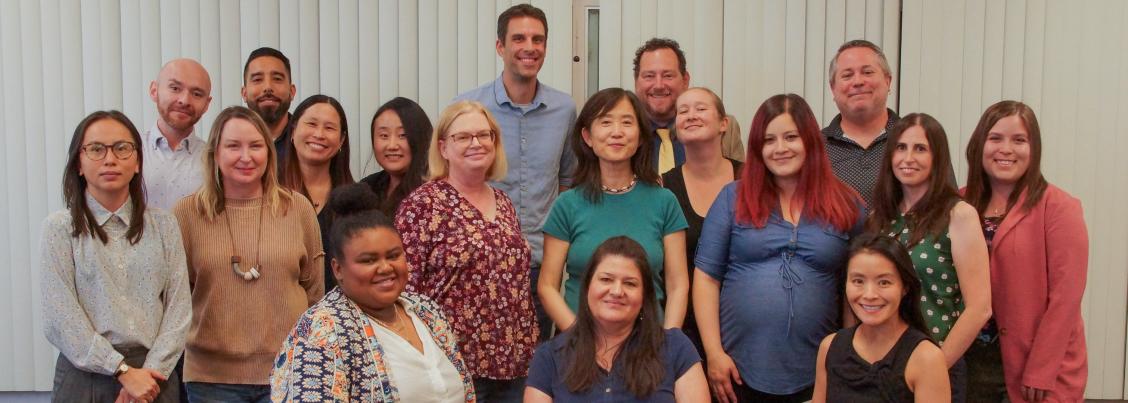
Biography
Education
- J.D. 2003, University of Nebraska College of Law
- Ph.D. 2000, Florida International University
- M.S. 1998, Florida International University
- B.A. 1995, Creighton University
Specialty Areas: Social Psychology, Psychology and Law
Courses Taught
- PSY 321/L -Experimental Psychology and Lab
- PSY 345/L - Social Psychology and Lab
- PSY 356 - Industrial/Organizational Psychology
- PSY 386 - Psychology and Legal Process
- PSY 640 - Social Cognition
Selected Publications
McAuliff, B. D. & Arter, J. L. (2016). Adversarial allegiance: The devil is in the evidence details, not just on the witness stand. Law and Human Behavior, 40, 524-535.
McAuliff, B. D., Lapin, J., & Michel, S. (2015). Support person presence and child victim testimony: Believe it or not. Behavioral Sciences and the Law, 33, 508-527.
McAuliff, B. D., Nicholson, E., Amarilio, D., & Ravanshenas, D. (2013). Supporting children in U.S. legal proceedings: Descriptive and attitudinal data from a national survey of victim/witness assistants. Psychology, Public Policy, and Law, 19, 98-113.
McAuliff, B. D., & Kovera, M. B. (2012). Do jurors get what they expect? Traditional versus alternative forms of children’s testimony. Psychology, Crime, and Law, 18, 27-47.
McAuliff, B. D., & Duckworth, T. D. (2010). I spy with my little eye: Jurors' detection of internal validity threats in expert evidence. Law and Human Behavior, 34, 489-500.
McAuliff, B. D., & Groscup, J. (2009). Daubert and psychological science in court: Judging validity from the bench, bar, and jury box (pp. 26-52). In J. Skeem, K. Douglas, & S. Lilienfeld (Eds.), Psychological science in the courtroom: Controversies and consensus. New York: Guilford.
McAuliff, B. D, & Kovera, M. B. (2007). Estimating the effects of misleading information on witness accuracy: Can experts tell jurors something they don’t already know? Applied Cognitive Psychology, 21, 849-870.
Kovera, M. B., McAuliff, B. D., & Hebert, K. S. (1999). Reasoning about scientific evidence: Effects of juror gender and evidence quality on juror decisions in a hostile work environment case. Journal of Applied Psychology, 84, 362-375.
Perry, N. W., McAuliff, B. D., Tam, P., Claycomb, L., Dostal, C., & Flanagan, C. (1995). When lawyers question children: Is justice served? Law and Human Behavior, 19, 609-629.
Research and Interests
My research uses basic social and cognitive psychological theories to understand human behavior in applied settings. I have used multiple methods to examine a variety of empirical questions relating to people's involvement in the legal system. For example, how do jurors and legal professionals evaluate scientific evidence? Do law enforcement personnel who know the suspect's identity administer lineups fairly? What factors influence the accuracy of children's reports? Are jurors sensitive to these factors or could expert testimony increase their understanding?




